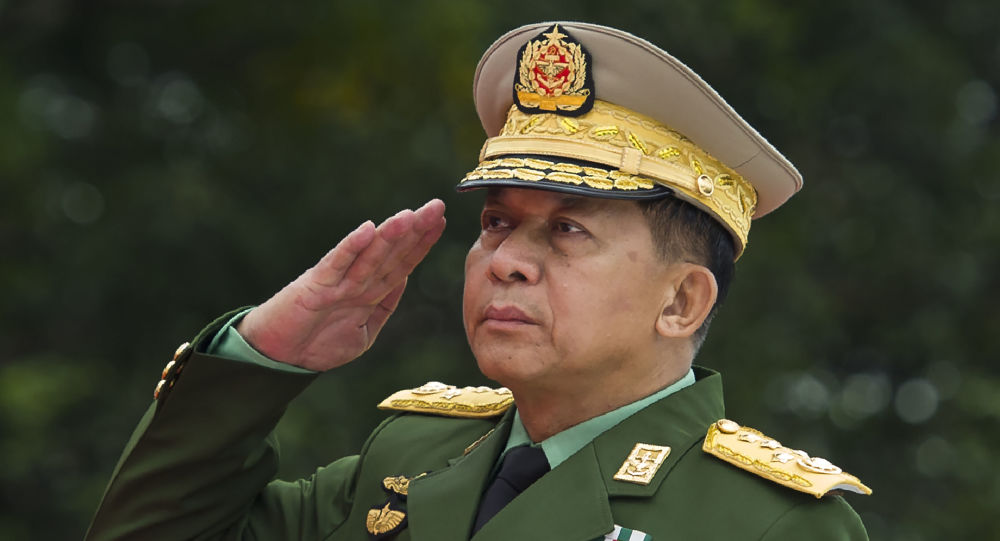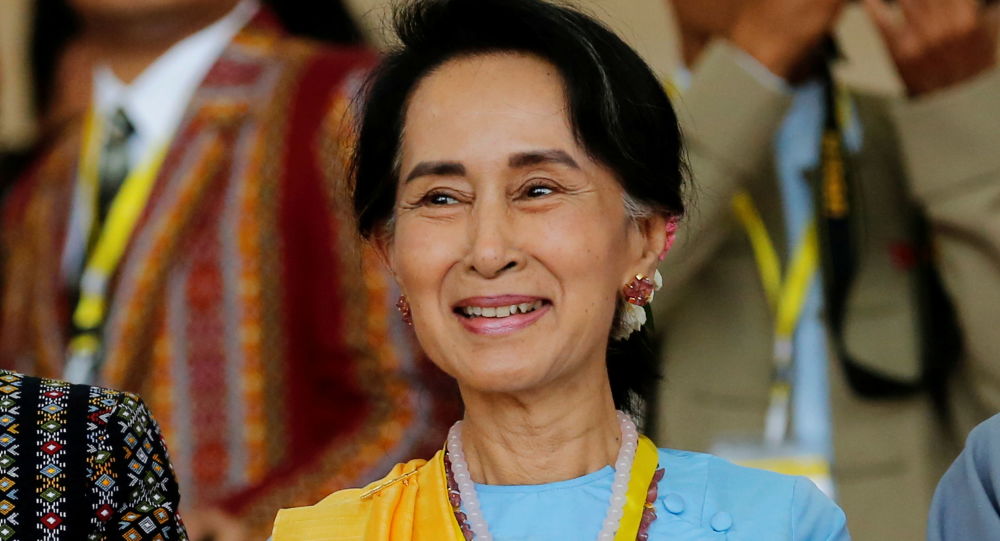Implications of the Military Takeover for the Future Development of Myanmar
April 25, 2021
About the interviewee:
Yin Yihang, Fellow of Taihe Institute.
1. What does the Military Takeover Mean for Myanmar going forward?
Ever since Myanmar became an independent nation in 1948, the military seized state power in two coups (in 1962 and 1988) and this current political episode starting early February is expected to deal a huge blow to the development of the country.
The former military junta of Myanmar handed over power to the U Thein Sein government after the election in 2010. Although the military retained significant privileges, the government was no longer headed by an incumbent soldier. Moreover, U Thein Sein carried out drastic reforms during his administration, including releasing the leader of the National League for Democracy (NLD), Aung San Suu Kyi, allowing the party led by the 1991 Nobel Prize winning laureate to appear in politics and take part in elections, lifting the government’s stringent control over the media and releasing political prisoners. The relationship between the U Thein Sein government and western countries such as the United States began to improve and the pressure placed by the international community lessened.
The U Thein Sein government and its military supporters accepted defeat in the 2015 election and transferred power to the winning NLD which remained in political power in Myanmar until the recent military takeover.
Regardless of the military’s so called “protest against frauds” in the election of 2020, the result was obvious, which was to deprive victory to the NLD and gave rise to a stagnant or even regressive democratic reform which was initiated by the U Thein Sein government and pushed forward by the NLD.
At the same time, the complex transition of power, political instability, centrifugation of society and the unpredictable future of Myanmar, caused by the military takeover is expected to further deteriorate Myanmar’s economic development and people’s livelihood, bringing about catastrophic effects onto Myanmar, a country still struggling with the COVID-19 pandemic.
2. Will the Military Leadership Succumb to Pressure from Civil Society Groups and Release the Detainees?
It is possible that the military junta will release some of the detainees, but senior officials including Aung San Suu Kyi and U Win Myint are expected to remain incarcerated.
In fact, since February 1st, some leaders have been released successively. But the reason is definitely not that the military is yielding to pressure from civil society groups, but that it intends to leave room for future reconciliation with the NLD.
Here’s why:
First, the Myanmar military has experience in responding to the resistance of the people and will not bend under public pressure. The military forces has ruled Myanmar for more than five decades and during these 50 years, the NLD played a decisive role in what they called the democratic movement against the military dictatorship. However, such movements had been continually suppressed by the military forces. The military also dealt with major anti-government activities such as the Saffron Revolution in 2007. In fact, the military has a set of effective leverages, whether through military repression or negotiation.
Min Aung Hlaing (source: sputniknews)
The current military commander-in-chief, Min Aung Hlaing, a Myanmar army general who has served as Chairman of the State
Administration Council of Myanmar since February 2021, was an apprentice of Than Shwe, the former military government leader and a political powerhouse in Myanmar.
Second, at present, the military has not lost control of the situation, and is still advancing, step by step, according to a plan which includes the rapid formation of a national government and ensuring its operation, continuing to arrest individuals who form key positions within the NLD, incorporating participation from people within the NLD and other parties, and encouraging Min Aung Hlaing to make speeches praising the new government’s stability as the military may also use this “window” to step up negotiations with the leaders of the NLD.
Third, the Myanmar military’s position has always been tough. If the civil resistance remains intense, the military will most likely confront it head-on, or carry out extreme repression but is not going to back down.
In fact, the NLD is well aware of the military’s stand.
The NLD has not called on people to rebel against the provisional government established by the military, but only called on the military to release the detainees, accept the results of the 2020 election and hold the first conference of the third parliament for fear that excessive speeches and actions might provoke the military. In recent days there has been no large-scale organization and participation of the NLD as a political party in civilian demonstrations in the city streets.
At present, the military may be fearful that external forces could instigate antimilitary forces to intensify domestic conflicts through social media, which is a new communications challenge never encountered by the former military government. If it is not remedied quickly, the military may face collapse and have to reach out to its many rivals for a political solution.
Aung San Suu Kyi (source: sputniknews)
3. Does the Political Unrest Weaken Aung San Suu Kyi’s National League for Democracy Party (NLD)?
At present, the military takeover has not weakened the NLD.
The current NLD membership is different from the disorganized primary party that formed back in 1990. After five years in power, the party accumulated exceptional experience and is well-developed. Even if the military has detained high-level leaders, the NLD still has the ability to organize various protests. However, the NLD is still subject to the military’s next moves, especially those expected earlier next year.
There are four possibilities:
► First, after releasing the NLD leaders, the provisional junta could begin negotiations, seek consensus and reach a compromise with the NLD on power distribution. Such a scenario would not diminish the NLD’s power.
► Second, the temporary administration could reshuffle the election committee and hold a general elections within a year. During this period, the Union Solidarity and Development Party (USDP) could be reformed into a democratic (or at least superficial) organization to compete with the NLD in the next general election. Considering the high odds of election victory of the NLD, and if this is actualized and accepted, the provisional government will hand over its power to the NLD. In this case, the NLD will not be largely weakened, despite its struggle against the USDP.
► Third, the provisional government may learn from its counterparts in Thailand and work to alter election rules to reform the NLD and the electoral system. In this manner, the NLD would be weakened and could be defeated by the USDP in future general elections.
► At the extreme, the provisional junta may leverage the NLD’s alleged large number of fraud in the general elections and rely on judicial means to convict NLD’s breach of constitution so as to prevent its core party members from entering politics. Aung San Suu Kyi, 75, if sentenced, could be banned from politics which would end her political career, meaning she would no longer pose a substantial threat to the Myanmar military. The NLD forces, at last, would suffer a crushing blow and face a gradual decline.
—————————————————————
ON TIMES WE FOCUS.
Should you have any questions, please contact us at public@taiheglobal.org

